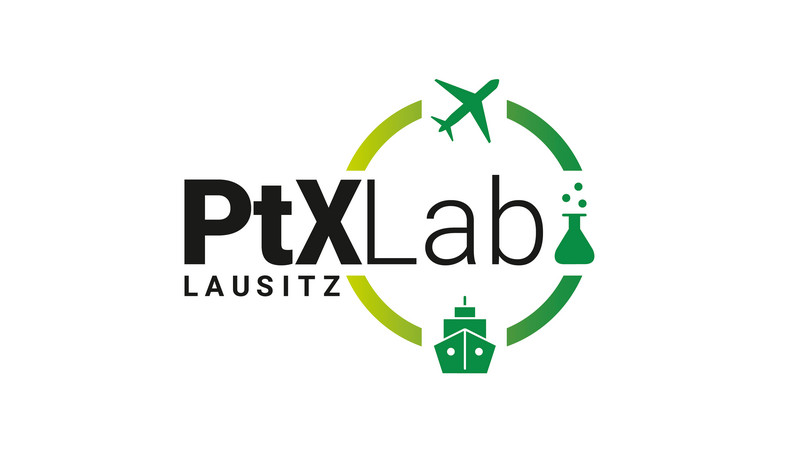This content is also available in: German
Why governments should act to scale up Power-to-X fuels in hard-to-defossilise transport
Global efforts to decarbonise transport are at a critical juncture. For aviation and maritime shipping PtX fuels are a promising solution.

Preface
To accelerate the scaling up of Power-to-X (PtX) fuels, governments should move beyond offering cautious support and take a more active role in shaping a market that currently lacks investment certainty and demand stability, argue Dr Wiebke Zimmer, Deputy Executive Director, and Leon Berks, Supply Chains and Raw Materials Analyst, of Agora Verkehrswende.
Global efforts to decarbonise transport are at a critical juncture. While renewable electricity can be efficiently used directly in cars and lorries via batteries, direct electrification is not feasible for aviation and maritime shipping. For these sectors PtX fuels, such as green hydrogen and synthetic e-fuels produced from renewable electricity, are a promising solution. However, their market adoption remains far too slow.
PtX market deadlock: High costs, low confidence
The fundamental issue is economic: PtX fuels are still significantly more expensive than fossil-based alternatives. This price gap deters buyers, particularly in sectors such as shipping and aviation, where low-cost fuel and volatile spot markets have long been the norm. Few buyers are willing to sign long-term contracts for more expensive sustainable fuels, leaving producers without the stability needed to secure financing and increase production. This creates a self-reinforcing stalemate: demand is too uncertain for investment, and supply is too limited for meaningful market uptake.
This isn't just a market failure — it is also a political failure. Governments have the tools to break this deadlock, but they must be willing to use them. Regulatory certainty, clear demand signals and long-term financial frameworks are essential to building confidence among investors, producers and buyers.
Beyond quotas: A smarter market design
One widely discussed policy instrument that has already been implemented in markets such as the European Union is the introduction of binding quotas. These mandate that a fixed proportion of transport fuels must come from PtX sources. The underlying intention is to create baseline demand and reassure investors and producers. However, it is becoming increasingly clear that quotas alone are insufficient to drive the market forward. They do not address price volatility and fail to provide the long-term purchasing commitments needed to make large-scale production bankable.
To close this gap, governments need to enforce additional mechanisms that provide both price stability and investment certainty. Double-sided auctions, such as those used in the 'H2Global' scheme, offer a promising solution. In this model, publicly backed intermediaries enter into long-term purchase agreements with PtX fuel producers and resell the fuels to end-users at subsidised prices. This approach reduces risk for both sides: it secures stable revenue for producers and offers predictable costs for buyers — exactly the kind of stability the PtX market needs.
Rather than relying on public budgets, these auctions could be financed through revenues from carbon pricing or targeted levies on conventional fossil fuels. This ensures that the transition is financed by those most responsible for emissions, without unduly burdening public finances.
Need for global coordination and policy consistency
A recent comparative analysis conducted by Agora Verkehrswende highlights the uneven levels of policy ambition worldwide. The paper reviewed PtX-related policies in major economies, such as Brazil, India, South Africa, the United States, Japan, the European Union, the United Kingdom and Germany. While all these countries recognise the importance of hydrogen and e-fuels, their regulatory frameworks differ significantly.
In the EU, Germany and the UK, governments have taken the lead with a mix of sustainability standards, binding quotas, auction mechanisms and carbon pricing. Yet, even in these markets, PtX fuels are still in the early stages of commercialisation. Strengthening, rather than weakening, existing measures, and expanding financial support for market-based solutions like auctions is thus essential.
Emerging economies such as Brazil, India and South Africa hold the potential to be key players in the global PtX value chain, thanks to abundant renewable resources and growing domestic markets for clean fuels due to expanding activities in aviation and shipping. However, these countries have so far adopted mostly non-binding strategies, lacking the policy frameworks to attract meaningful investment.
International cooperation: The way forward
International cooperation is crucial. Achieving global climate neutrality will require harmonising sustainability criteria, coordinating support instruments like auctions and quotas, and empowering developing countries to build their PtX ecosystems. This goes beyond technology transfer, focusing on capacity-building, industrial partnerships and fair financing structures. The recent agreement at the International Maritime Organisation (IMO) is a positive step forward for global action on PtX fuels, but questions remain about whether it will catalyse the ramp-up of production and deployment.
What should come next: A clear market signal and concerted ambition
In a nutshell: besides prevailing technical hurdles, the challenges of scaling PtX fuels are political and economic. Scaling these fuels requires a clear market signal, a functioning incentive structure and strong international coordination. Without these elements, PtX risks remaining stuck in pilot projects, while fossil fuels continue to dominate long-haul transport.
Governments should now show strong ambition for PtX fuels, sending a clear message that synthetic fuels in aviation and maritime shipping have a viable future backed by robust, long-term policy support. Quotas can establish demand, but only in combination with price-stabilising mechanisms, such as auctions. Financing these mechanisms through carbon revenues or a dedicated levy could be more sustainable than straining public budgets. Finally, governments should establish international partnerships, particularly with threshold countries. These partnerships are essential to building a global PtX market that aligns with both climate goals and economic development.
This article was originally published in German as a viewpoint on Climate Table by Table.Media on 29 July 2025.




